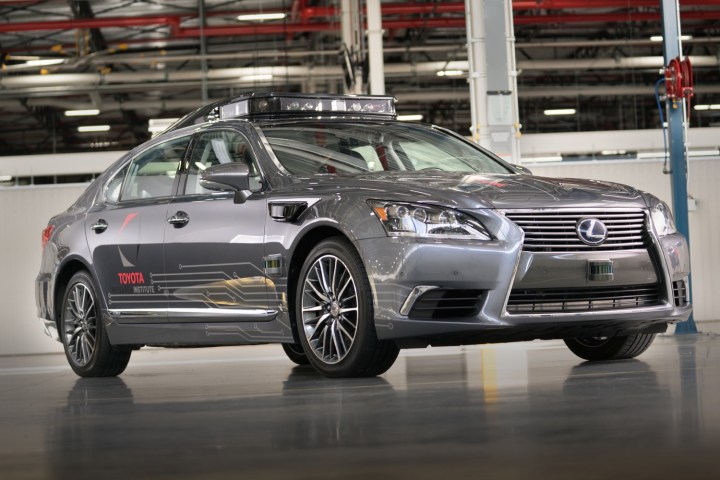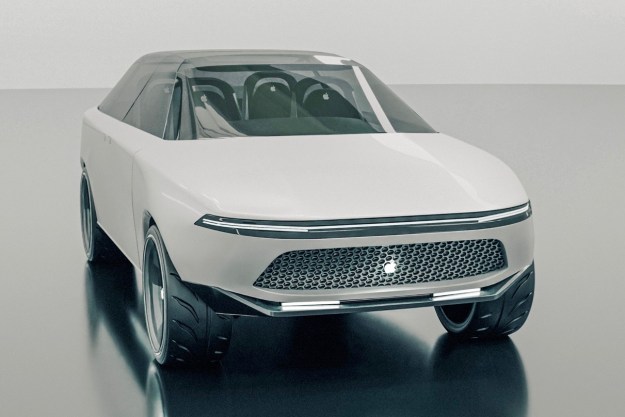
Toyota has stopped testing its autonomous-car technology on public roads. The decision come after an incident on Sunday, March 18 involving a self-driving Uber car that struck and killed 49-year-old Elaine Herzberg in Tempe, Arizona. The car had an Uber engineer in the driver’s seat but the vehicle was reportedly operating in autonomous mode when the accident occurred. It’s believed to be the first fatality involving a self-driving car.
The suspension has been ordered to give its own test drivers time to deal with any upset caused by Sunday’s tragedy, Toyota said in a statement seen by Bloomberg.
“Our thoughts are first and foremost with the victim’s family,” the message said, adding, “Because we feel the incident may have an emotional effect on our test drivers, we have decided to temporarily pause our Chauffeur mode testing on public roads.” Chauffeur mode refers to a system for Toyota’s self-driving vehicle that allows it to drive without any human input.
The company has been testing its self-driving technology on public roads in Michigan and California.
The announcement follows news last that week that Uber is in talks with Toyota to sell the Japanese automaker its self-driving technology for possible use in one of Toyota’s minivans.
Last week a representative for Toyota told Reuters that the two companies “regularly exchange information about automated driving,” but added that no further decisions had been made outside of the current partnership. It’s not clear if or how Sunday’s accident will affect any potential deal.
Like many other automakers, Toyota is investing heavily in the development of self-driving vehicles. Just a few weeks ago it revealed plans for Toyota Research Institute-Advanced Development, or TRI-AD, a $2.8-billion company aimed at advancing the development of self-driving technology alongside the existing Toyota Research Institute based in Silicon Valley, California.
Volvo, whose Uber-owned XC90-based prototype collided with Ms. Herzberg on Sunday and which last year inked a deal with Uber to sell the ridesharing company 24,000 XC90 SUVs, has yet to make any comment on the recent incident or about its relationship with Uber.
Automakers, together with other firms such as Alphabet-owned Waymo, Lyft, and of course Uber, have been ramping up efforts to advance their respective autonomous-car efforts over the last year or so, with many testing their vehicles on both public and private roads. Regulations mean that for the majority of the tests on public roads, an engineer is behind the wheel, though this clearly made no difference on Sunday.
Another accident involving one of Uber’s self-driving cars, again in Tempe, prompted the company to suspend testing on public roads for a brief period in March, 2017.
But Sunday’s fatality presents a far more serious setback and has forced the industry to carefully examine the way it’s handling its self-driving efforts, with state regulators also taking another look at the rules that they’ve been laying down for such projects.
Editors' Recommendations
- Cruise woes prompt production halt of fully driverless van
- Cruise autonomous vehicle drives over woman just after she was hit by another car
- An autonomous car in San Francisco got stuck in wet concrete
- Volkswagen is launching its own self-driving car testing program in the U.S.
- Waymo’s robotaxis are coming to Uber’s ridesharing app


